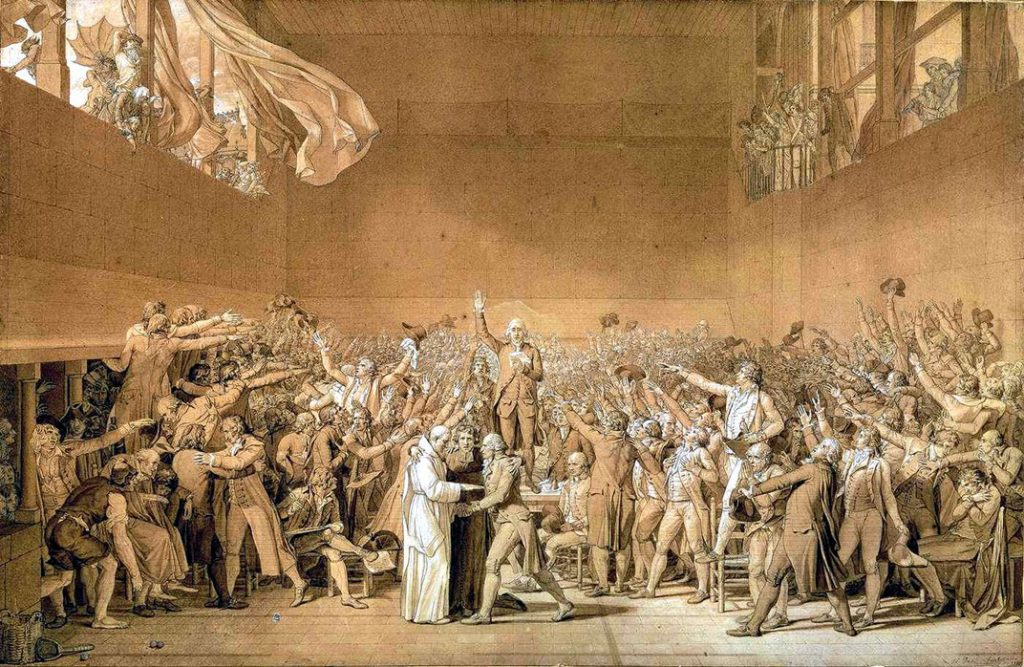IMAGES: PAST & PRESENT
ASMCF-SSFH Postgraduate Study Day 2022
A virtual study day to be held on 23 April 2022
Keynote: To Be Confirmed

What happens when the images come into the world? With or without its consent, civil society has been constantly imaged, recorded, documented, archived and exhibited. This omnipresence of images created, circulated, and displayed merits an analysis of the multiplicity of its forms and its roots.
This year, we have decided to focus on images, their disconcerting plurality, and their power which keeps in reserve infinite possibilities of actualisation; we have decided to follow them through heterogeneous geographies and temporalities of the French and Francophone world.
We will focus on decentering our perspective on the production, representation, confrontation and reception of images, past and present, by openly admitting the multipolar character of the societies where they are born and set in motion. It is by uniting historical and contemporary perspectives and several disciplinary fields that we seek to grasp the historical, epistemic, political and social issues that unite images and representations.
The theme that we have selected for ASMCF-SSFH Study Day 2022 is evidently one that is rich in interpretation. We encourage our participants to reflect on the different ways in which images (re)present and/or question the past and the present. We invite proposals for 20-minute papers in English or French from across French and Francophone history and society, literature, politics, linguistics, film and visual cultures, philosophy, critical theory, and other disciplines, as well as interdisciplinary approaches. We particularly welcome contributions from postgraduates overseas and those from under-represented groups in academia.
Possible topics include, but are not limited to contemporary or historical studies on the following:
• Face aux crises: images of trauma, pandemics and pain
• Images and Agency: images subversives, images subverties
• Images mentales, concrétisations imageantes
• Images mise en trope(s): caricatures, clin d’œil, parody, emprunt, hommage, pastiche
• Images et geste politique: press, propaganda and political images
• Diverging from the norm: clandestine images, censorship and control
• Picturing the margins: migrations et territoires
• Images of War: violence, reconciliation and pardon
• Images and symbolism in literature: ekphrasis
• Images de l’autre, images de soi : imaginaire, fantastique, inventé, fantasmé
• Vignettes de domination (post)coloniale
• Illustration and textuality : aux frontières du lisible et du visible
• Images en mouvement : cinema, technology and digital cultures
• Images in the class : images fixes et supports audiovisuels
• (Re)presenting/(re)inventing the past: mémoire, l’histoire, l’oubli
• Images in public spaces: statues, exhibitions, street art, billboards, posters, art installations • Œuvres hybrides : graphic novels, comics, magazines, documentaries
• Archival images: preservation, conservation, restoration
• Images patrimoniales: heritage and influence
• Role of cultural institutions: archives, libraries, museums
Abstracts of no more than 250 words, in either English or in French, should be sent to asmcf.ssfh.pgstudyday@gmail.com. Submissions should be received by 9:00 AM (GMT) on 31 January 2021.
Call for Flash Presentations
Share your voice! We welcome proposals from MA and PhD students to explain their own research in three minutes, limited to one Powerpoint slide OR one creative method of their choice. Presentations on any topic connected to French and Francophone studies and histories are welcome.
Please email asmcf.ssfh.pgstudyday@gmail.com to express your interest.
The Study Day will include professional development panels and an opportunity to engage with senior academics from other institutions. It is generously funded by the Association for the Study of Modern and Contemporary France (ASMCF) and the Society for the Study of French History (SSFH). Attendance is free but all attendees are kindly requested to become members of one of the societes on or before the day via one of the society’s website. We will endeavour to ensure that the virtual conference is fully accessible, and we are very happy to discuss particular needs that participants might have and how we can best accommodate these.
Organising Committee: Pallavi Joshi (Univeristy of Warwick, ASMCF), Sophie Dubillot (Open University, ASMCF), Daniel Baker (Cardiff, SSFH)
frenchhistorysociety.co.uk @FrenchHistoryUK
asmcf.org @asmcf


